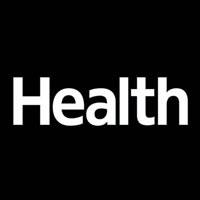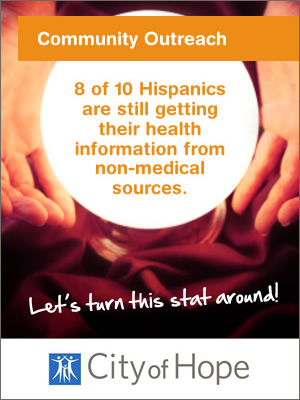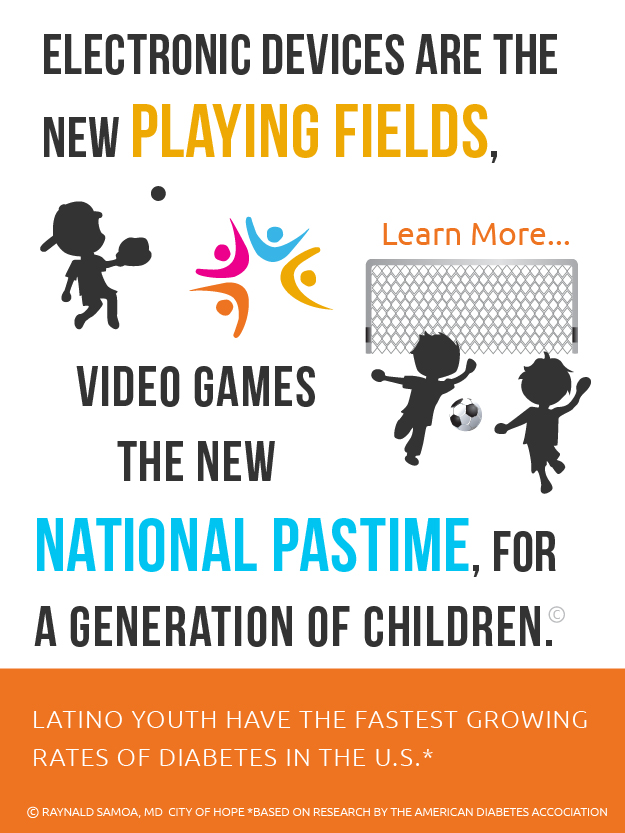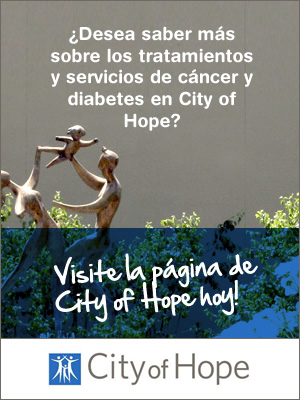
How to Find Bilingual Medical Professionals in Your Area
06/02/2021 06:00AM | 3374 viewsAccurate communication between patients and medical professionals is a crucial part of proper healthcare. However,
When a medical professional only speaks or understands English, it makes it difficult for non-English speakers to communicate their needs. It can also make it difficult for the medical professional to communicate effectively about diagnosis and treatment.
In this article, we share resources to help you find bilingual medical professionals and other healthcare organizations in your area.
Community organizations can help connect you with local hospitals, doctor’s offices, and other medical professionals who offer bilingual services. If you’re concerned about reaching out to these organizations, know that they often have staff or volunteers on hand to speak with you directly in your own language.
You can find community organizations in your area by doing a quick Google, Facebook, or local newspaper search. Once you have more information on these organizations, you can call or visit them to ask for help locating bilingual healthcare services in your city.
Section 1557 of the Affordable Care Act requires healthcare plan providers to help people with limited English proficiency. In many cases, this means providing access to language assistance services. These include:
- telephone interpretation services
- trained professional interpreters
- bilingual staff interpreters
- family members as interpreters
- printed materials in multiple languages
Reach out to your healthcare plan provider directly for more information on the types of bilingual services they offer. Your healthcare insurance card should have a toll-free phone number.
If you speak one of the top 15 languages in your state, there are likely resources available in your own language. Even if you do not speak one of these languages, ask your provider if there are any professionals in your network that speak your own language.
Online search engines are a great place to find bilingual medical professionals in your area. For example, companies like ZocDoc allow you to search for local professionals and filter according to languages spoken.
Online medical search engines like these are a quick and easy way to find doctors, dentists, and other bilingual medical professionals. If you don’t have online access at your home, try your local library. They typically offer free access to computers and network services.
You can also reach out to local or national organizations that specialize in healthcare for non-English-speaking communities. For example, here are two national organizations that can help if you’re a native Spanish speaker:
- National Alliance for Hispanic Health. The National Alliance for Hispanic Health opened in 1973 in Los Angeles, California. This organization partners with communities to provide services — including bilingual support — to millions of people in the United States.
- Hispanic Access Foundation. The Hispanic Access Foundation provides resources for healthcare, employment, and more to Latinos around the United States. This organization pushes for programs and changes in the community that can benefit Latinos.
Su Familia: The National Hispanic Family Health Helpline is a National Alliance for Hispanic Health project. This confidential helpline provides people with assistance on various health topics, including access to over 13,000 professionals in their communities.
The National Hispanic Family Health Helpline is free to use and has specialists who speak both Spanish and English.
Su Familia health helpline
Call 866-783-2645 toll-free Monday through Friday (9 a.m. to 6 p.m. EST).
Trained interpreters help people speak with doctors and nurses about their healthcare concerns in their own language.
According to data from the Centers for Medicare & Medicaid Services (CMS), a survey of over 4,700 medical professionals found that approximately 33 percent had trained interpreters on their staff.
If interpreters aren’t available, bilingual staff members can take the place of interpreters to help non-English speakers communicate. Reach out to your doctor before your appointment to ask about interpreter services for your own language.
If there are no interpreter services available, you can ask if a bilingual staff member is available instead. In the absence of both options, a family member or friend may be your next best choice.
Family members and friends can also help you find bilingual medical professionals in your area. A close family member or friend may already have a list of medical professionals who they’ve used and who speak your language. Or, they may know of organizations in the area that can help you find a particular doctor for your health needs.
In some cases, a family member or close friend can even act as an interpreter for you during medical appointments. Your doctors, dentists, and other medical professionals can provide you with more information on how to make this possible.
If you don’t have insurance
If you don’t have medical insurance, the following organizations provide access to low-cost or free healthcare:
- Healthcare.gov. The Find a Health Center website is a useful tool for finding community health centers in your area. Community health centers provide low-cost healthcare services, including prenatal and primary care, to low-income households.
- Hill-Burton Facilities. The Health Resources & Services Administration (HRSA) has a list of facilities that are required to provide a certain amount of free or reduced-cost services. Hill-Burton healthcare is available at certain hospitals, nursing homes, and other healthcare facilities.
- Free Clinic Directory. The Free Clinic Directory provides information on free clinics around the United States. Clinics range from sliding scale and low income to completely free, depending on the services they offer.
You can also reach out to your local community organizations for more information on low-cost or free healthcare options in your area.
Proper healthcare requires accurate communication between medical professionals and their patients. For this reason, it’s crucial that those with limited English proficiency have access to bilingual medical professionals.
Organizations at both local and national levels can help you find medical professionals in your area who speak your own language.
If you’re a Spanish speaker looking for bilingual professionals, reach out to Su Familia: The National Hispanic Family Health Helpline for more information on where to start.











Post your Comment
Please login or sign up to comment
Comments